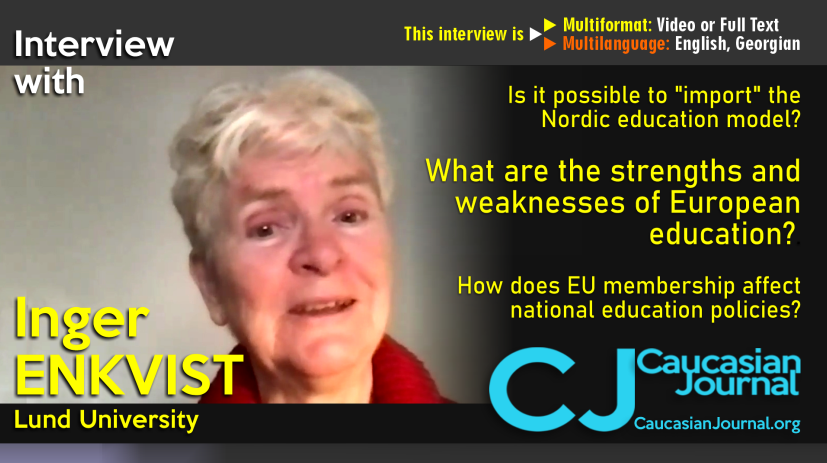The European Union's policy in higher education is centered on creating a cohesive, competitive, and globally attractive European Education Area. Since the early 2000s, the EU has driven initiatives to foster student and staff mobility, enhance the quality of education, and ensure that academic degrees and qualifications are easily transferable across borders. The most visible manifestation of this commitment is the Erasmus+ program, which provides millions of students with grants to study or train abroad, thereby enriching their academic and cultural experiences while strengthening ties between institutions.
A critical component of this policy framework is the system for recognizing qualifications, supported by the ENIC-NARIC network (European Network of Information Centres / National Academic Recognition Information Centres). This network is a crucial collaboration between the European Commission, the Council of Europe, and UNESCO. Its core function is to provide reliable advice and information to individuals, educational institutions, and employers regarding the recognition of academic diplomas and degrees from different countries. Essentially, ENIC-NARIC centers ensure that a master's degree earned in one EU country is fairly and accurately evaluated when a holder applies for a job or further studies in another.
Beyond mobility and recognition, the EU strongly influences quality assurance and mutual recognition through tools like the European Credit Transfer and Accumulation System (ECTS). ECTS provides a common procedure for measuring and comparing learning achievements, making it simple for students to transfer credits between European universities without losing academic progress. By establishing these shared standards for credit, quality assessment, and qualification recognition via the ENIC-NARIC network, the EU directly facilitates labor mobility, reduces administrative barriers, and makes European degrees more robust and competitive internationally.
More:





No comments:
Post a Comment